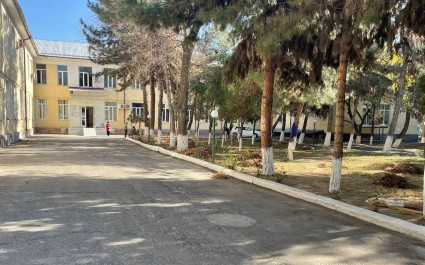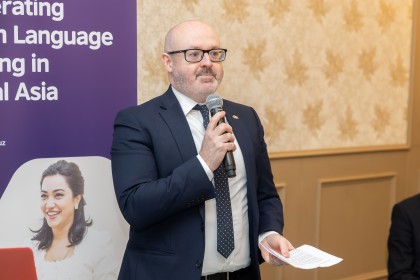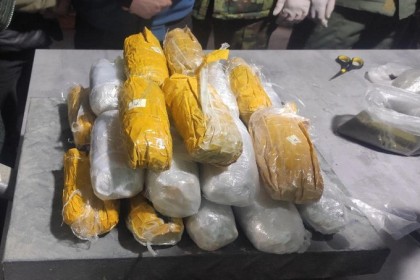The Asian Development Bank (ADB) has approved a $198 million loan to help upgrade and widen 77 kilometers (km) of the existing Karshi-Shakhrisabz-Kitab highway in Kashkadarya province, southeast of Uzbekistan, to improve tourism, mobility, as well as domestic and international trade.
“The road upgrade will solidify Uzbekistan’s position as a key transit country for trade in Central Asia and the rest of Europe and Asia,” said Jiangbo Ning, Principal Transport Specialist at ADB’s Central and West Asia Department. “The project will also improve road facilities and management through road safety measures, and capacity development for relevant authorities and stakeholders.”
Good transport connectivity — particularly roads and highways — is a major growth driver in a landlocked country like Uzbekistan, a member of the Central Asia Regional Economic Cooperation (CAREC). The country’s roads and highways receive about 10% of the volume of freight transport from international transit traffic, with 88% of road activity consisting of domestic passenger and short-haul cargo traffic.
The project will upgrade two road sections of the existing highway between the cities of Karshi, Shakhrisabz, and Kitab into a 4-lane concrete pavement incorporating road safety and climate change adaptation features. This upgrade will increase annual average daily traffic on the Karshi-Kitab road to 14,000 vehicles by 2022 from 9,408 vehicles in 2015. More broadly, the project will increase international trade and tourism along the CAREC corridors, and make the roads much safer.
The project will also have a capacity development component to improve management and skills of the Republican Road Fund, as project’s executing agency, as well as selected road design institutes in the country to elevate road design and construction standards.
The total cost of the project is $266.2 million, with the Government of Uzbekistan contributing $68.2 million. The expected project completion date is by the end of 2021.
ADB, based in Manila, is dedicated to reducing poverty in Asia and the Pacific through inclusive economic growth, environmentally sustainable growth, and regional integration. Established in 1966, ADB in December 2016 will mark 50 years of development partnership in the region. It is owned by 67 members—48 from the region. In 2015, ADB assistance totaled $27.2 billion, including cofinancing of $10.7 billion.














